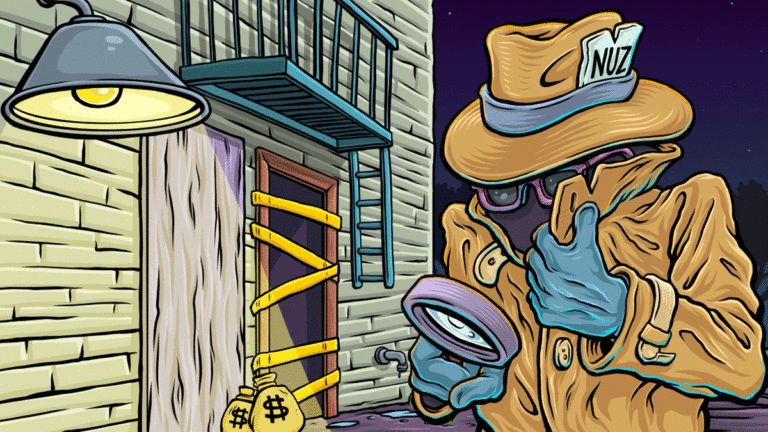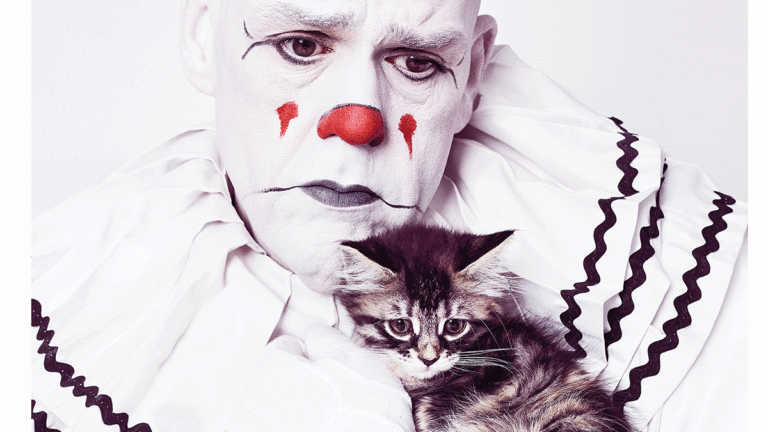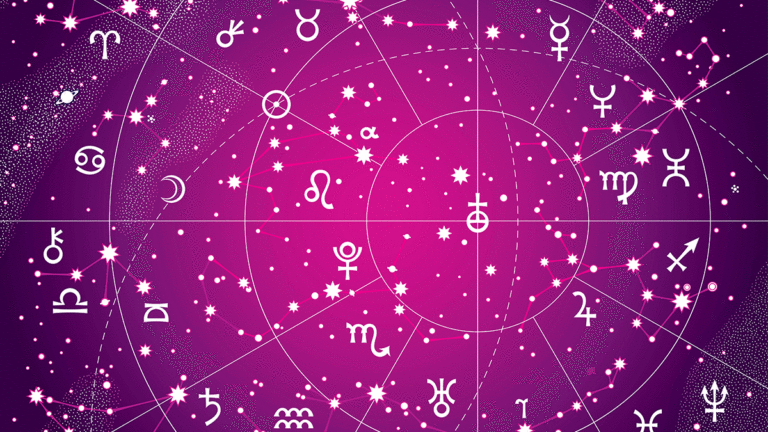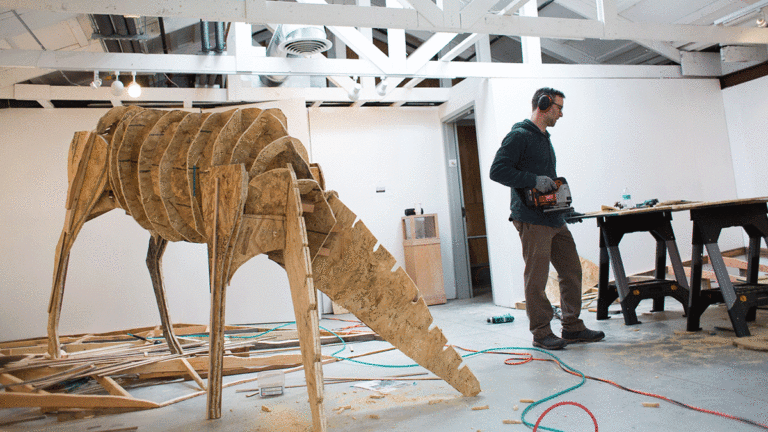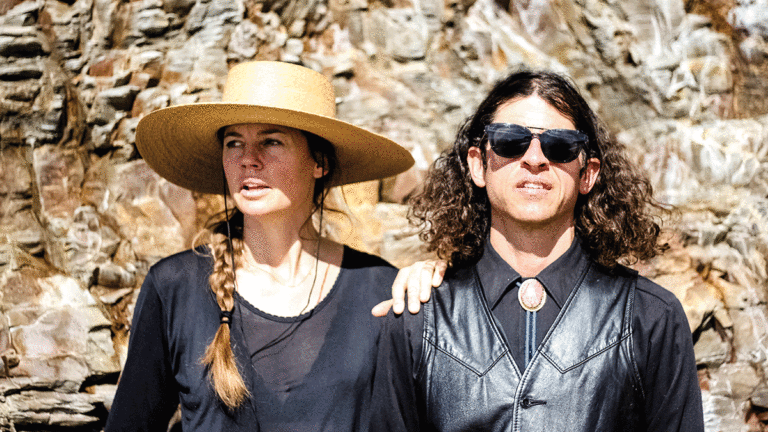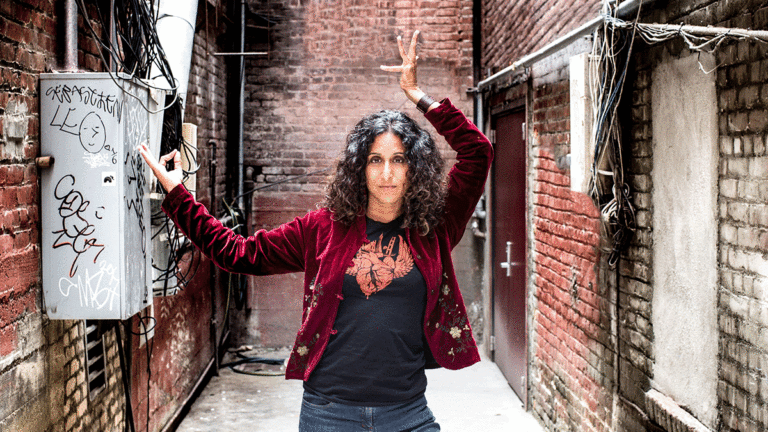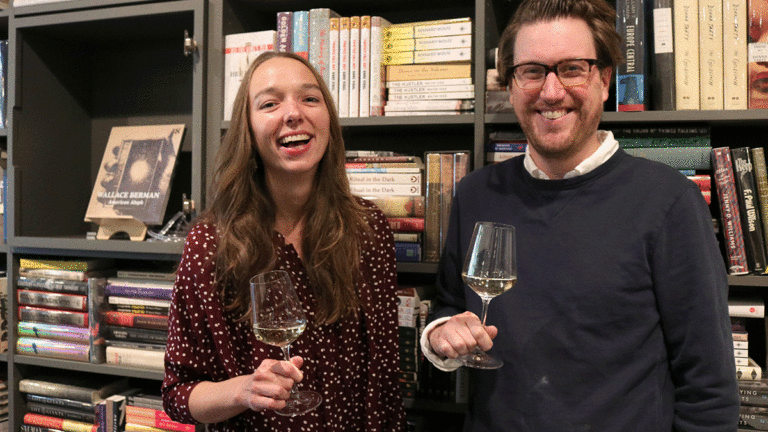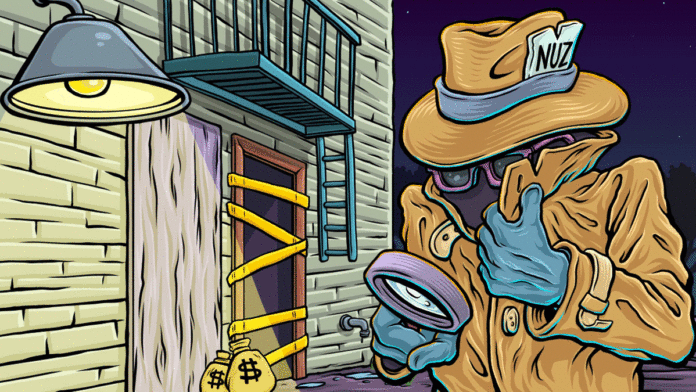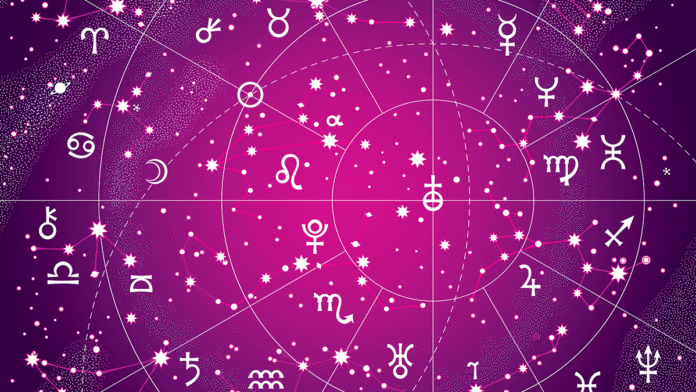We are in a potent and pivotal time astrologically.
Saturn (restructure), Pluto (transform) and South Node (past incompletions show up) are all in Capricorn (initiation). All structures, previously secret, surface. What needs reassessment and completion appears once again, seeking release, liberation, freedom. We see the government reflecting these energies in a state of needed transformation. Things untrue or superficial don’t work well anymore. Family lineage and ancestors are, in one way or another, visiting. So many of us are reflecting, reminiscing upon and seeking the past in order to understand our present. No matter what our plans may be, something wild and magical interrupts those plans, producing alternatives, challenges, interruptions, new direction, and double the work. We want to feel in control. However, the heavens are in control, no matter how we try to change that fact.
Saturn, Pluto and South Node (past) together in Capricorn are a potent and formidable combination. We could feel exhausted every day, even upon awakening. Many endings are likely, raw and bare bones truth may be communicated. Some of us are vulnerable, some of us are fearful and afraid. Things that are no longer useful to the new era emerging break down, in order to be transformed. The energies experienced here on Earth due to Saturn, Pluto, South Node, and Capricorn intensify our experiences, interactions and ways of being. This will last for the next year.
Pluto, Lord of the underworld, always allows the shadows to surface. Within all shadows, at the very center, is a point of light. This is the light of hope. Should we all observe ourselves and our world throughout and at the end of a year, we will see that we have changed, things have transformed, transfigured. Life is different again.
ARIES: A time of great change has arrived for you personally. You will find yourself breaking with the past, attempting new endeavors and different ways of presenting yourself to the world. All relationships will take on different hues, colors, sounds, and meaning. You seek the unconventional, the new, the original. It shows in your appearance.
TAURUS: Someone or something is asking you to adopt a different value system, one that is not your usual and regular way of being. You may resist. Taurus is known to take a long time to ponder upon change. Taurus saying “no” means, “Let me think first on these new things.” Changes will continue to occur all year with Uranus in your sign. You will be pondering a lot as revelations occur. You see how the old ways everywhere are in the way. You help with the clearing.
GEMINI: Flashes of insight become commonplace, revelations growing each day. They give you information concerning decisions and what action is best for you to take. More and more your thoughts are unique. This could lead to resistance and/or opposition from others, especially those in charge. They don’t understand your choices. Each day you seek more independence. You are not afraid anymore.
CANCER: Amidst a sudden need and decision to travel or have an adventure, you realize you’re seeking a utopia or community to live in. The conventional path is not for you anymore. Customs and traditions are set aside for new independent ideas, exotic and colorful places reflecting advanced ways of living and thinking. It’s an experiment. Just a bit of preparation and caution are advised.
LEO: Do you sense money, finances, investments, and legal issues affecting your life are becoming erratic, and do you feel an out-of-controlness? Your keen intuition is telling you to keep track of all money, all market ups and downs, and to realize sudden changes may occur in business and relationship interactions. What is there to hold onto, you ask? Your heart is what you can hold onto. And the light of your soul.
VIRGO: Some Virgos may unexpectedly form unions (friendship, business partnerships, marriage) with others without much thought. Some will divorce with even less. Other Virgos will be aware that strange things may occur within their relationships; unusual behaviors or a need for independence creating major upsets and unexpected changes. Some Virgos will take this in stride. Adaptability becomes your middle name. That’s good.
LIBRA: Your daily work environment, routines, schedules, and also your health may become unpredictable, unexpected and irregular. Some Librans love this, for it allows for more freedom. Others need the structure of reliable and regular agendas imposed. You might become angry, irritable, impatient, and nervous. You sometimes learn the hard way. Through loss. Gather your beloveds around you. Some are far away.
SCORPIO: You’re inventive and creative. At times it’s good to have a bit more self-control. At other times, you need to be free of so much control. Self-knowledge sometimes comes through being reckless and foolhardy. Are you this way with relationships? You want most of all complete freedom and independence. What should you do with your relationship, co-workers and/or children? Responsibility comes first. It’s a virtue.
SAGITTARIUS: Perhaps there will be a change to your daily life plans and agendas. You want freedom; to come and go at will (from both home and work). You want different and unusual living conditions. Although you love family traditions, they are counter to your needs at this time. The foundations of your entire life feel unreliable and changeable. This persists. It’s difficult but good. Change occurs for the very best. When conflicts and chaos seem to arrive, there’s a harmony at the very center.
CAPRICORN: Your thinking and communicating have become quite revolutionary, if not revelatory. Gradually, spontaneously or unexpectedly (Uranian words), you become involved in advanced, new-thought thinking. Very few may think like you. A sense of aloneness develops until you find your true spiritual group. Off you go, at a moment’s notice, to parts unknown to experience history, food, art, things strange and mysterious.
AQUARIUS: When you hear of someone in need do you say, “Let me help you?” Are you able to do this? In the esoteric Ageless Wisdom work, the disciple is always asked to “see the need,” and then to assist in filling that need. In this way, the Aquarian task of serving others (humanity) is always in the forefront. When one serves others, one is also “served.” All needs are taken care of. It’s a mysterious cosmic law of giving, and then one receives in return.
PISCES: You develop a deep need to be independent and free of anything extraneous. Your environments, home and professional, must be orderly, clean and clear so that your investigative mind can work unobstructed, with ease and skill. You need to be in the company of creative people. This brings comfort. Do not place yourself in limiting circumstances. This brings radical discomfort. You also need flowers all around, things green, scented, and with bells ringing. Make a wish.


